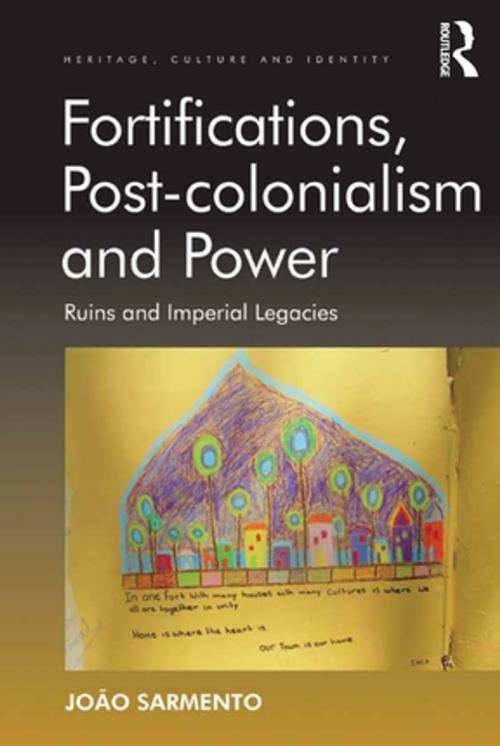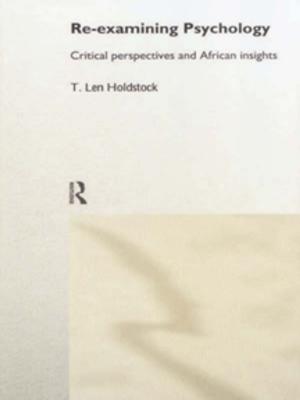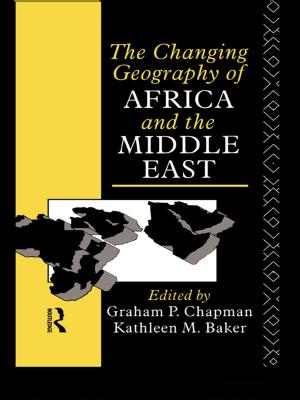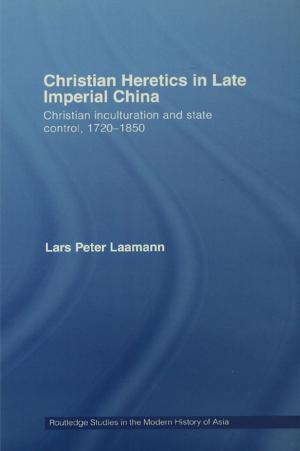Fortifications, Post-colonialism and Power
Ruins and Imperial Legacies
Nonfiction, Social & Cultural Studies, Political Science| Author: | João Sarmento | ISBN: | 9781317133865 |
| Publisher: | Taylor and Francis | Publication: | April 15, 2016 |
| Imprint: | Routledge | Language: | English |
| Author: | João Sarmento |
| ISBN: | 9781317133865 |
| Publisher: | Taylor and Francis |
| Publication: | April 15, 2016 |
| Imprint: | Routledge |
| Language: | English |
For more than 500 years, the Portuguese built or adapted fortifications along the coasts of Africa, Asia and South America. At a macro scale, mapping this network of power reveals a gigantic territorial and colonial project. Forts articulated the colonial and the metropolitan, and functioned as nodes in a mercantile empire, shaping early forms of capitalism, transforming the global political economy, and generating a flood of images and ideas on an unprecedented scale. Today, they can be understood as active material legacies of empire that represent promises, dangers and possibilities. Forts are marks and wounds of the history of human violence, but also timely reminders that buildings never last forever, testimonies of the fluidity of the material world. Illustrated by case studies in Morocco, Cape Verde, São Tomé and PrÃncipe and Kenya, this book examines how this global but chameleonic network of forts can offer valuable insights into both the geopolitics of Empire and their postcolonial legacies, and into the intersection of colonialism, memory, power and space in the postcolonial Lusophone world and beyond.
For more than 500 years, the Portuguese built or adapted fortifications along the coasts of Africa, Asia and South America. At a macro scale, mapping this network of power reveals a gigantic territorial and colonial project. Forts articulated the colonial and the metropolitan, and functioned as nodes in a mercantile empire, shaping early forms of capitalism, transforming the global political economy, and generating a flood of images and ideas on an unprecedented scale. Today, they can be understood as active material legacies of empire that represent promises, dangers and possibilities. Forts are marks and wounds of the history of human violence, but also timely reminders that buildings never last forever, testimonies of the fluidity of the material world. Illustrated by case studies in Morocco, Cape Verde, São Tomé and PrÃncipe and Kenya, this book examines how this global but chameleonic network of forts can offer valuable insights into both the geopolitics of Empire and their postcolonial legacies, and into the intersection of colonialism, memory, power and space in the postcolonial Lusophone world and beyond.















